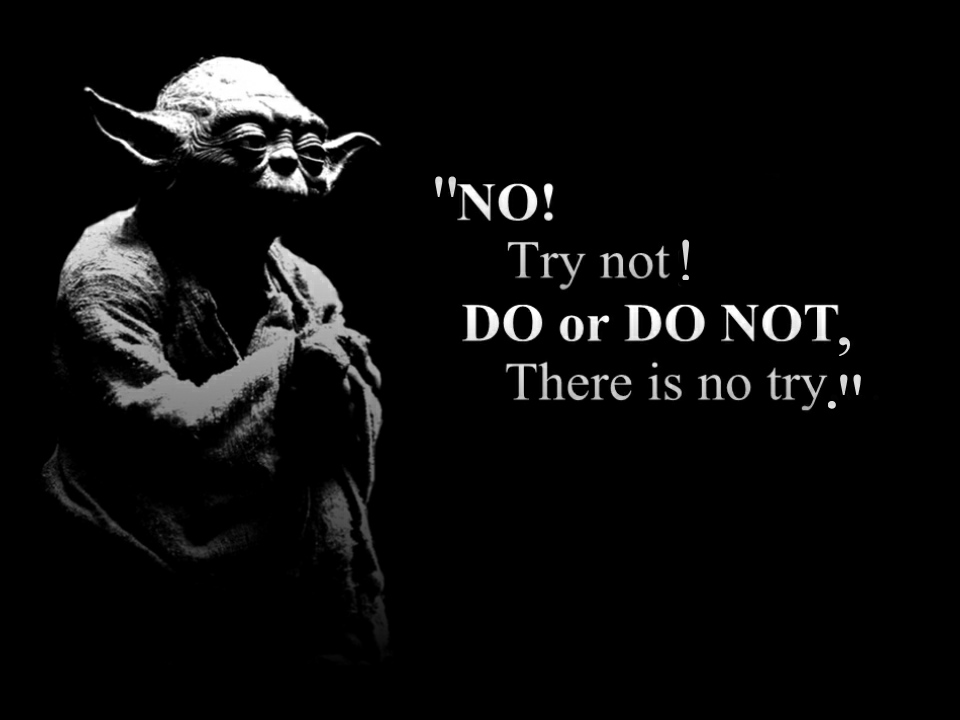 |
| Hipsters with their coiffed hair and well tended beards (even the women) ride their Scramblers to interesting places |
I’ve been reading the somewhat baffled traditional motorcycle media’s reviews of the new Ducati Scrambler. With few exceptions these articles are being written by Baby Boomers who find the idea of “hipsters‘ to be very mock-worthy. That Ducati is aiming the Scrambler at a younger audience really seems to get up the nose of Boomers who are used to everything being about them.
Being a Generation Xer I’m skeptical of any kind of social organization and assume nothing is ever about me, but I also find that I have more culturally in common with other people of my generation than I do with any other social distinction (race, class, education, religion, politics, citizenship…). When living in Japan the GenXers we met had so many shared experiences with us that we just fell in together; the times in which you find yourself define you. If you’re looking for a review of social organization by birth cohort (generation) then this piece by The Social Librarian will catch you up. See if it doesn’t do a decent job of describing your generation.
I’m not sure why people can’t treat generational differences in the same way they treat cultural differences. You’d be a big jerk if you decided to travel around the world and spent all your time talking about how every other culture is stupid compared to yours, yet people don’t seem to hesitate when doing that about other generations. That Baby Boomers, themselves once torn apart in the media because of their newness, are now having a go at hipsters shows just how bad their memories are getting as they age.
As a bald forty something who can’t grow a nice beard, I still find that I enjoy hipster bike media even though I could never pull off the look…
According to the urban dictionary, hipsters “value independent thinking, counter-culture, progressive politics, an appreciation of art and indie-rock, creativity, intelligence, and witty banter.” What’s not to like about that? Unless you’re a cranky, old, conservative, Boomer motorcyclist who thinks that the pinnacle of motorcycle evolution is a Harley Fat Boy, you’d have to think it delightful.
Given a choice between hanging out with a bunch of Harley Boomers at a Tim Hortons or a group of Hipsters at an artisanal beer bar/gastro-pub, I know where I’d head.
I’m left thinking maybe motorcycle magazines need to diversify their writers instead of hiring all the guys they went to high school with in 1970. Maybe then anyone other than a Boomer might get a fair shake in print. In the meantime, go Ducati, go! A successful Scrambler means all those traditional, conservative motorcycle magazines will have to update their staff (maybe even hire someone born after 1965!), or face irrelevance.
The world moves on. Enjoy hipsters while they’re here, soon enough they’ll grow up and sell out like everyone else has (some first-class GenX skepticism there, eh?).
 |
| The desperate attempt to pry motorcycles from the well manicured hands of the hipster is ongoing… |













